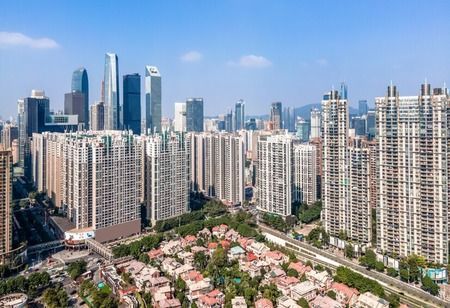
As quick commerce (q-commerce) businesses grow their networks of dark stores to satisfy the increasing demand, they stand to have a big impact on India's real estate market.
An astounding 24 million square feet (msf) of dark store space were needed in India in 2023. A collaborative study by JLL and Miebach Consulting projects that this demand will increase to 37.6 msf by 2027 at a compound annual growth rate (CAGR) of 12%.
At a compound annual growth rate (CAGR) of 45%, Deloitte projects that the nation's q-commerce market would reach $40 billion by the calendar year (CY) 2030.
Compared to retail establishments, dark stores have various real estate needs. Mini warehouses that are between 2,500 and 4,000 square feet (sq ft) in size are known as dark stores. These urban micro-fulfillment centers are situated in densely inhabited areas that have been carefully chosen.
"Consumer habits are shaped in a way that they expect quicker delivery and are more used to online shopping. Dark stores are located in a way that the q-commerce platforms can deliver in 15 to 30 minutes,” says Vimal Nadar, Senior Director and Head of research, Colliers India.
Ajay Rao, Founder and Chief Executive Officer of EmizaEarlier says, "Properties that were on a main road or the high streets were in demand. But dark stores changed the scenario as they can be anywhere. Property prices, which were lagging, are now beginning to shoot up, not just in Tier-I, but in Tier-II cities as well. Real estate trends & prices are also going up significantly wherever the quick commerce companies are expanding".
We use cookies to ensure you get the best experience on our website. Read more...
Copyright © 2026 HomesIndiaMagazine. All Rights Reserved.